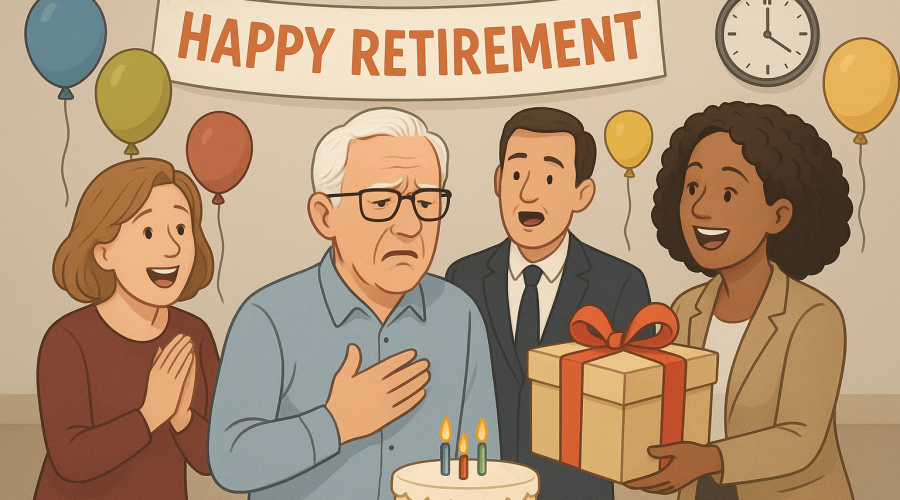For years, retirement feels like the big prize at the end of your career. You work hard, you save, and you picture the freedom to travel, relax, and enjoy life on your own terms. But when the day finally comes, retirement often looks a little different than expected. Many new retirees discover surprises that they wish they had prepared for sooner.
Here are a few that can catch people off guard and some ways to get ahead of them.
Healthcare Costs Can Take a Bigger Bite Than You Think
A lot of people assume Medicare will cover everything once they retire. The reality is different. Premiums, deductibles, prescription drugs, and long-term care can pile up quickly. In many cases, healthcare becomes one of the biggest retirement expenses. The good news is you can prepare by exploring supplemental insurance, health savings accounts, or long-term care coverage before you need it.
Retirement Might Start Earlier Than You Planned
You may imagine working until 65 or longer, but life does not always follow your plan. Health issues, layoffs, or family responsibilities can push you into retirement sooner than you expect. If your financial planning assumes you will work right up to your target date, you could end up short. Building flexibility into your savings strategy now makes it easier to handle an earlier start.
Spending Often Jumps in the Early Years
Most people picture retirement as a slower, simpler lifestyle with fewer expenses. The truth is that the first few years often cost more. Big trips, hobbies, or long-delayed home projects can quickly add up. Instead of assuming your costs will drop right away, create a budget that reflects the lifestyle you want at the beginning.
Inflation Slowly Shrinks Your Savings
Even in retirement, prices continue to climb. A few extra dollars here and there may not seem like much, but over time inflation erodes your buying power. That is why it is important to include investments that can help your income keep pace with rising costs.
You Might Miss Work More Than You Expect
Many people spend plenty of time preparing financially but not as much time thinking about the emotional side of retirement. When the structure of a job disappears, so can the sense of purpose and routine. That change can affect not only your mood but also your health. The best way to prepare is to plan how you will spend your time through volunteering, learning something new, working part time, or staying active in your community.
At the end of the day, retirement is not just a financial milestone. It changes how you live, how you spend, and how you see yourself. The more you prepare for these surprises now, the smoother and more fulfilling your retirement will feel later.
